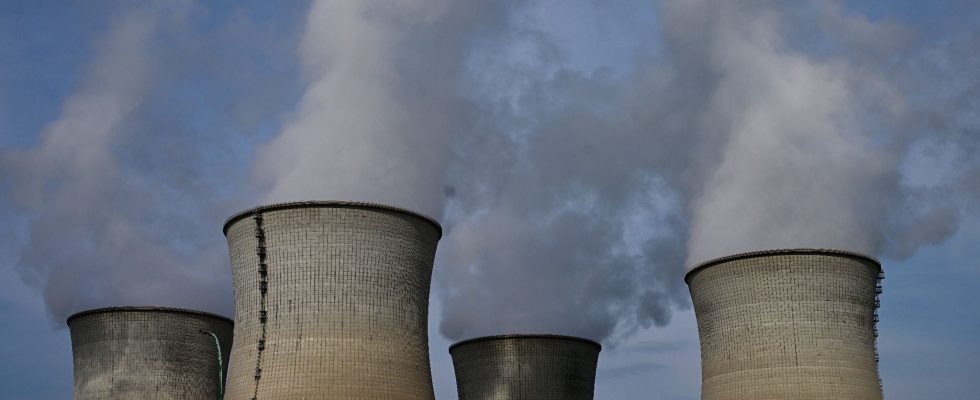Political ecology asserts as evidence three clichés that reality is joyfully invalidating. The first of these would be that, unfortunately for our public freedoms – which radical ecologists hardly like – our liberal democracies are not compatible with the objective of carbon neutrality. Salvation could only come from the authoritarian and centralized planning of a strong state.
Efficiency is on the side of liberal democracies
On the occasion of COP 28, the excellent Ourworldindata website has just updated its data on CO2 emissions. The figures are edifying. The countries of the European Union emit just under 3 billion tonnes per year, and these emissions are falling quickly – remember that France is the most low-carbon economy in the G20. The United States still sends more than 5 billion tons into the atmosphere per year. It’s a lot, but the decline is rapid and, thanks to the very intelligent policy of ecological reindustrialization led by the Biden administration, it is set to continue at this pace.
For its part, China alone emits nearly 12 billion tonnes per year, much more than the EU and the United States combined, at an increasing rate that is still astonishing. The Western passion for self-flagellation is the only reason why this development is not more often highlighted in the narrative that pits liberal democracies against authoritarian regimes. When it comes to ecology, efficiency is on our side.
Without economic growth, no decarbonization
According to the second of these clichés, economic growth would be incompatible with the reduction of carbon emissions. This impossibility is often highlighted by Jean-Marc Jancovici. But here again, reality tells us exactly the opposite. The countries that reduce their emissions the most also record robust economic growth in the long term: the United States, Sweden, the United Kingdom and, to a lesser extent, Germany and France. Certainly, some countries, like ours, “import” CO2 emissions through their consumption. But that doesn’t change the dynamic at work. In addition, other states like Germany produce more than they consume and are tending to reduce their emissions. No wonder there. Decarbonization does not fall from the sky but requires financial and technological resources that only economic growth can provide.
The most entrenched cliché is a pure sophism: infinite growth would be impossible in a finite world. This idea is false for a fundamental reason: the human world is infinite, in the sense that our species “builds” its world through invention and innovation. There is no state of nature for humanity, as there is for birds or squirrels. In the words of the Spanish philosopher Fernando Savater, nothing is more natural to Man than technology. And recent discoveries on white hydrogen illustrate this idea vividly.
The promises of white hydrogen
White hydrogen is a natural gas, naturally present in the ground, the combustion of which generates water. For a long time it was not the subject of attention because it was taken for granted that basements were largely devoid of it. Recent research shows the opposite. The French state has just issued an exploration permit in the Pyrenees. It seems that the world’s deposits are colossal. Today, only Mali operates it. Production capacities are currently very limited but a priori, the technological challenges to be met for massive extraction are not insurmountable. The cost of this extraction should be close to that of natural gas.
The second challenge is to adapt uses, that is to say to have vehicles, trains, planes, power plants and boilers that run on hydrogen. Again, nothing is impossible in theory. The excitement around white hydrogen shows that we are never safe from a pleasant surprise. It is not impossible that this gas will be in the 21st century what oil and gas were in the 19th and 20th centuries. Which would prove that the human world is definitely infinite.
Nicolas Bouzou, economist and essayist, is director of the consulting firm Astères.
.
